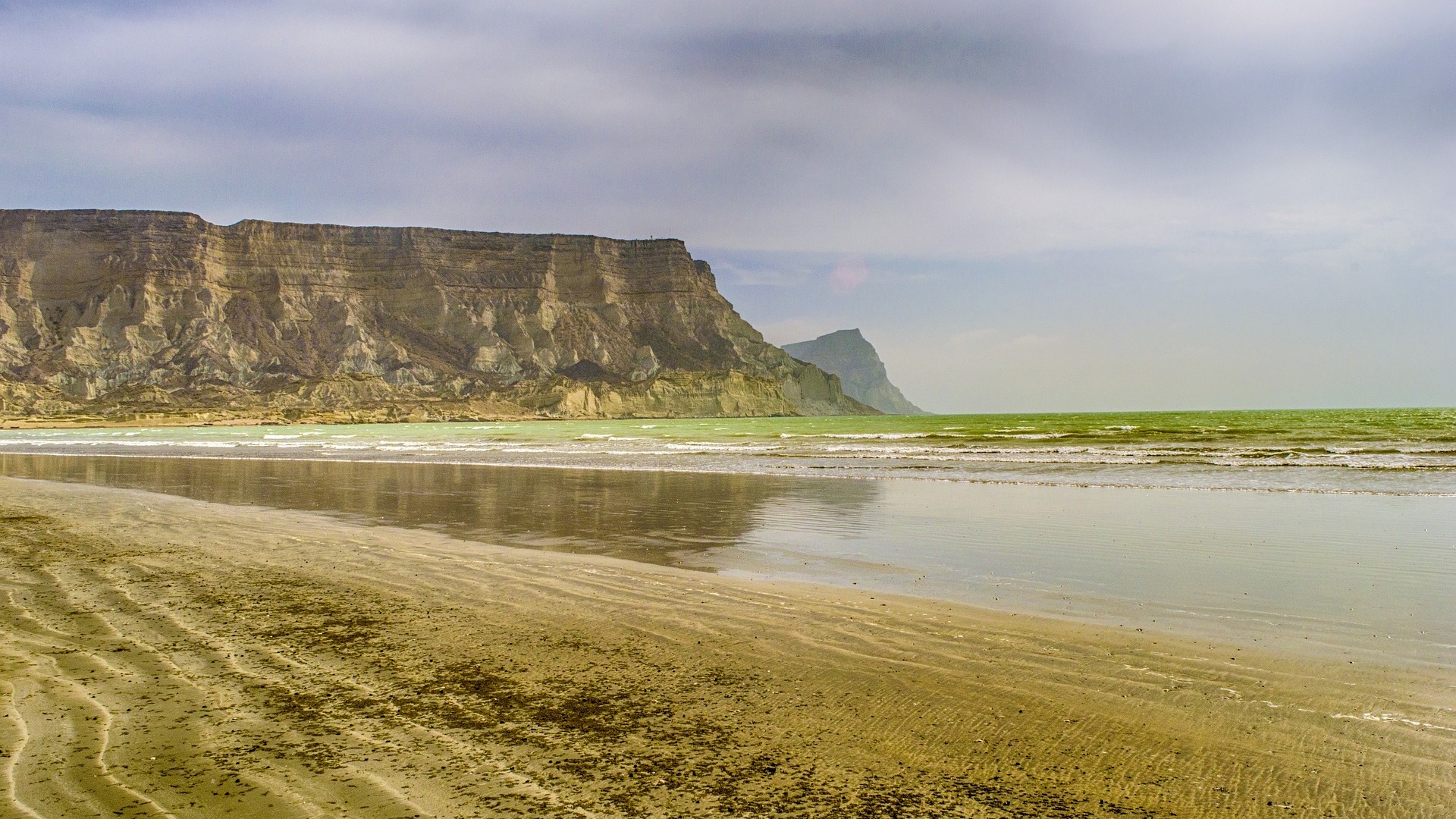Dates / Project duration
July 2023 - December 2023 / 6 months
Field of action :
Combating deforestation Increase knowledge of biodiversity Study on climate change and its effects
Branch : 
Monaco

Location :
Pakistan
Project sponsor(s) :
Union Internationale pour la Conservation de la Nature (IUCN)
?The Pakistani coastline extends over a total distance of more than 1,000 km. Two thirds of this coastline is in the province of Balochistan, the rest in the province of Sindh. The large coastal city of Karachi is home to around 70% of Pakistan's industrial sector, and urban and industrial pollution is therefore highly concentrated in the coastal area of Karachi.
The main natural resources of the Pakistani coastal zone are the mangrove forests and marine species. There are also small patches of coral reefs, sea turtles that nest on the sandy beaches at various points along the coasts of Balochistan and Sindh, dolphins and porpoises, as well as a rich fauna, including migratory bird species.
Mangroves and coastal fishing are closely linked, as mangroves are known to be breeding and nursery grounds for fish, shrimp and crabs, including many commercial species. Artisanal fishing in mangrove wetlands, creeks and adjacent coastal waters is a vital subsistence activity for coastal households in Sindh, and around 70% of the workforce in the coastal districts of Balochistan is thought to be engaged in the fishing sector. However, there is little or no regulatory control of illegal fishing activities. The felling of mangrove trees for firewood, physical encroachment on mangrove habitats and unregulated waste disposal also deplete and degrade the ecosystem services provided by mangroves.
The project aims to conserve the coastal ecosystem and develop the livelihoods of communities dependent on the coastal resources of the Indus Delta and the Balochistan coast. An area-based integrated coastal management approach that addresses social and ecological issues in an integrated and inclusive manner.
The project aims to strengthen coastal governance and implement practical measures to halt or reverse the negative trends in the exploitation and degradation of natural resources (for example, the depletion of coastal fisheries with the degradation of the mangrove forest) that are so detrimental to sustainable coastal development, while safeguarding the well-being of traditional coastal communities. The project places a strong emphasis on poverty reduction, particularly among women, recognising that this is an underlying cause of environmental degradation.
The main natural resources of the Pakistani coastal zone are the mangrove forests and marine species. There are also small patches of coral reefs, sea turtles that nest on the sandy beaches at various points along the coasts of Balochistan and Sindh, dolphins and porpoises, as well as a rich fauna, including migratory bird species.
Mangroves and coastal fishing are closely linked, as mangroves are known to be breeding and nursery grounds for fish, shrimp and crabs, including many commercial species. Artisanal fishing in mangrove wetlands, creeks and adjacent coastal waters is a vital subsistence activity for coastal households in Sindh, and around 70% of the workforce in the coastal districts of Balochistan is thought to be engaged in the fishing sector. However, there is little or no regulatory control of illegal fishing activities. The felling of mangrove trees for firewood, physical encroachment on mangrove habitats and unregulated waste disposal also deplete and degrade the ecosystem services provided by mangroves.
The project aims to conserve the coastal ecosystem and develop the livelihoods of communities dependent on the coastal resources of the Indus Delta and the Balochistan coast. An area-based integrated coastal management approach that addresses social and ecological issues in an integrated and inclusive manner.
The project aims to strengthen coastal governance and implement practical measures to halt or reverse the negative trends in the exploitation and degradation of natural resources (for example, the depletion of coastal fisheries with the degradation of the mangrove forest) that are so detrimental to sustainable coastal development, while safeguarding the well-being of traditional coastal communities. The project places a strong emphasis on poverty reduction, particularly among women, recognising that this is an underlying cause of environmental degradation.


.png)